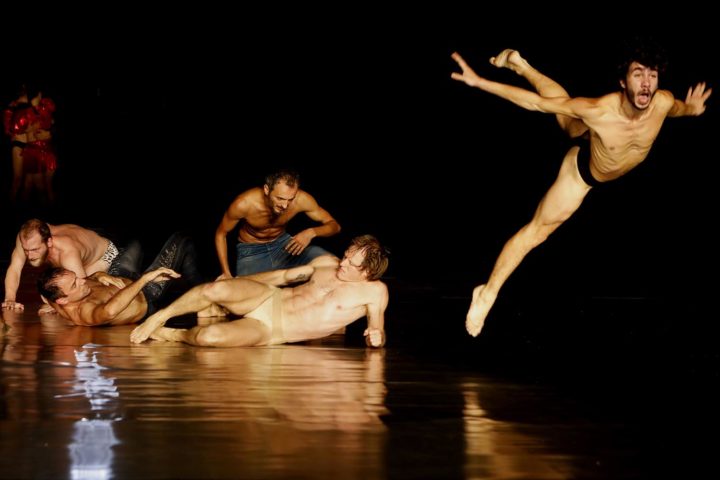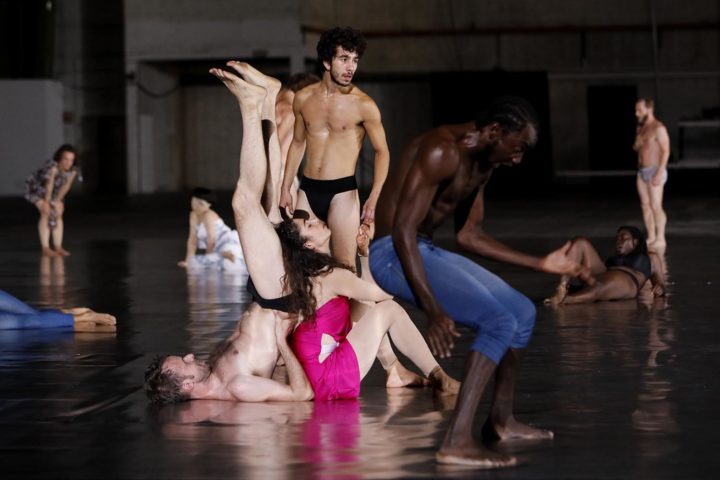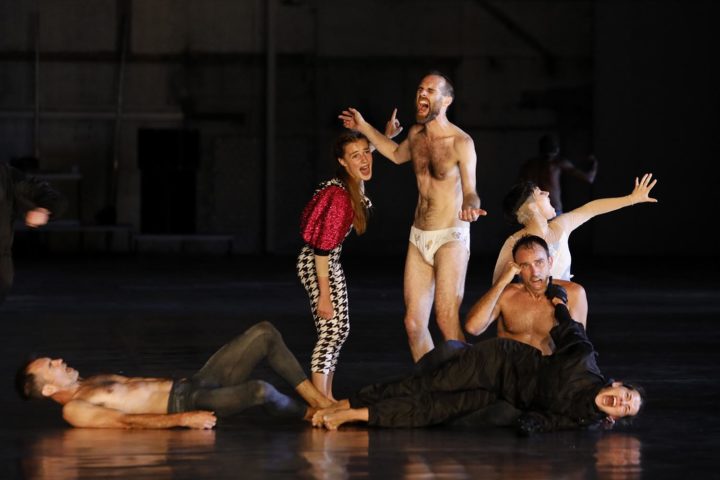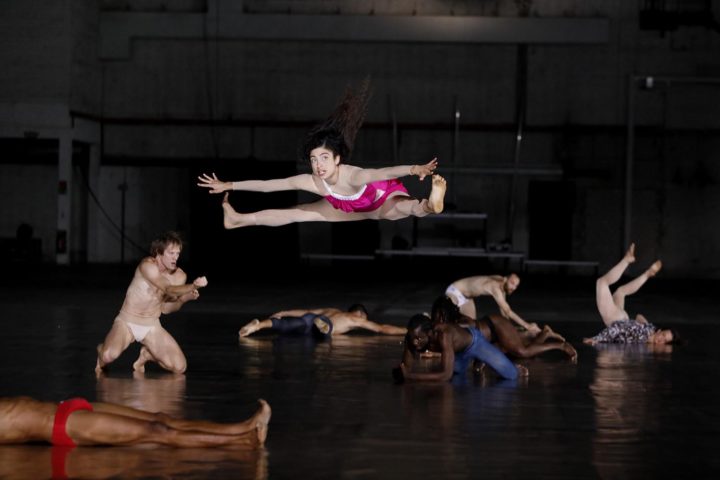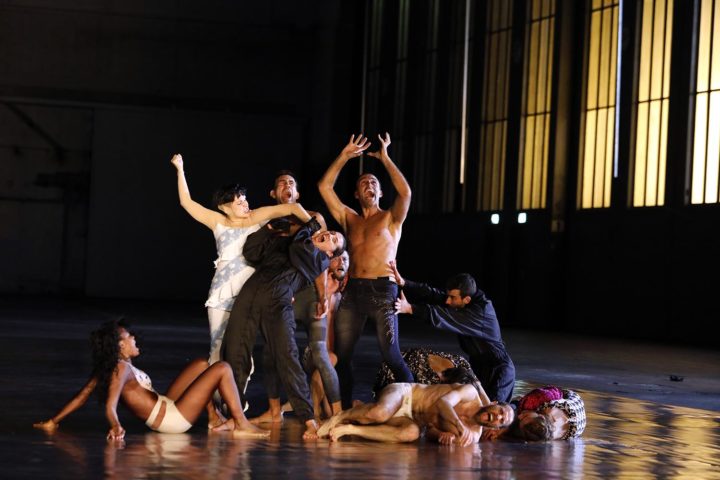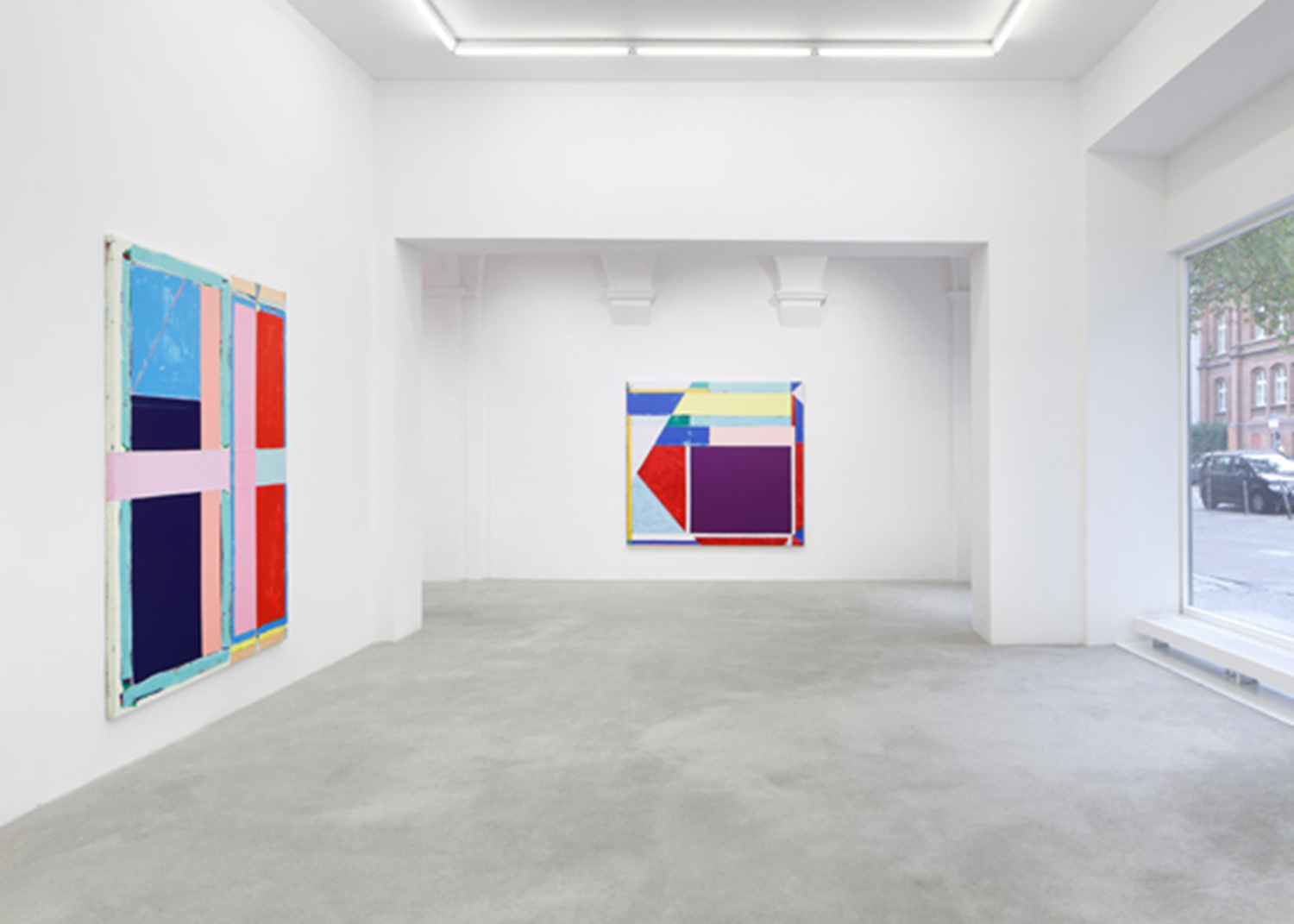“I envision a choreographic forest in which no dancer ever repeats any of the gestures, each of which will be shown only once and will vanish as soon as it has been executed — like an ode to the impermanence of the art of dance.”
This is how French choreographer Boris Charmatz describes his most recent work, titled 10 000 gestes (2017). Choreography without repetition would seem an impossibility, but in the case of 10 000 gestes the brilliance of the idea is exceeded by what it produces.
Encountering this work in Templehof Hangar 5 in Berlin, we are stunned by what washes over us. We don’t know where to direct our gaze, but we have the certitude that we will never embrace the entirety of what is happening in front of us, just as we are never able to fully embrace what is happening to us in our lives.
In the studio, each of the twenty-five dancers produced four hundred gestures that Charmatz has accelerated and amplified by human screams. But our experience is something else. Mozart’s Requiem slowly soars above the process and permeates the dance with a sense of ultima ratio, a final reckoning that we are witness to but are also subjected to, since the dancers will end the show by swallowing and trespassing the audience’s space. The way the stage is invaded at the beginning of the piece evokes the way each of us arrives in this world, alone, to be then thrown into a casual network of encounters that here mostly resemble collisions. We can follow the individual journey of a given dancer, whose actions may evoke the patterns and cadences of life, with collective episodes suggesting birth, religious gatherings, events of joy or mourning, or solitary wandering.
“In 10 000 gestes it is the ephemeral taken to the extreme that engenders the gaze and the thought of the spectator. The chaos of expenditure is so perfect that it vergers on immobility,” adds Charmatz. The dance proposes nothing less than the pure human condition in its most urgent essence; performed before our eyes, it allows us to reflect on our existence.

